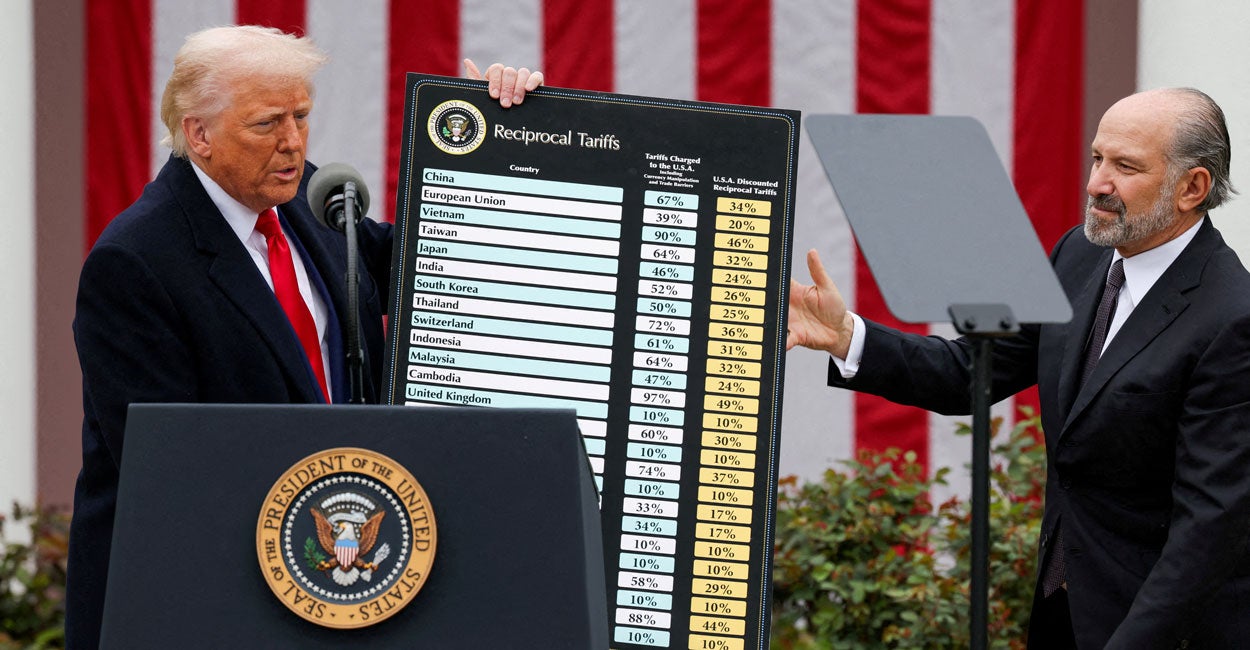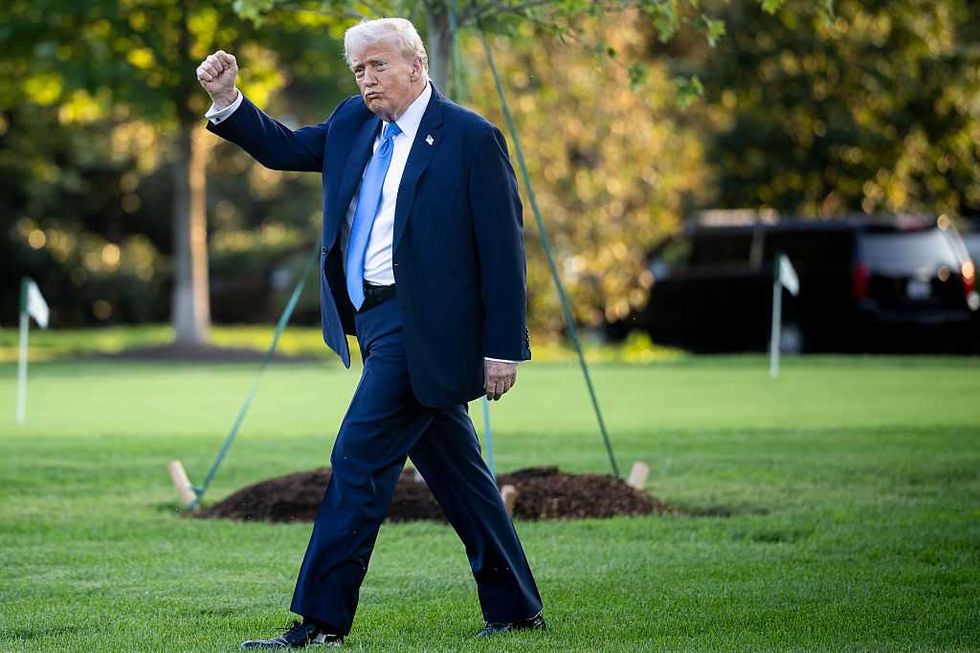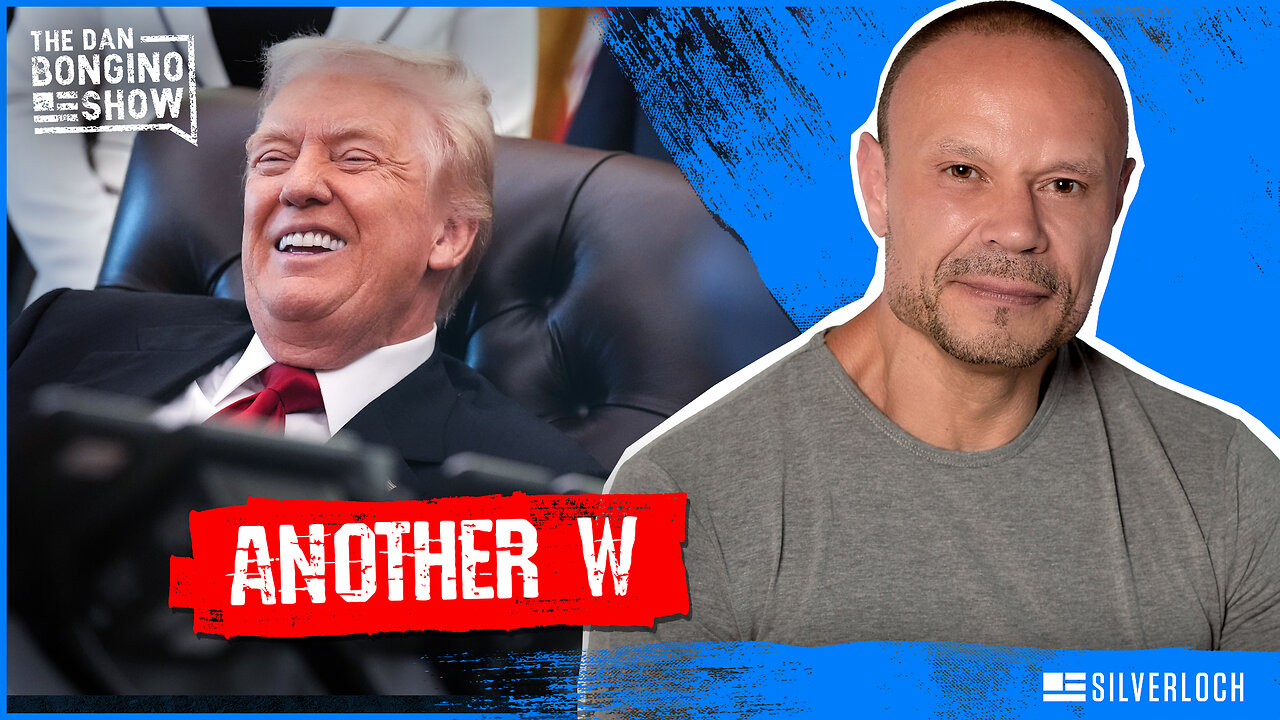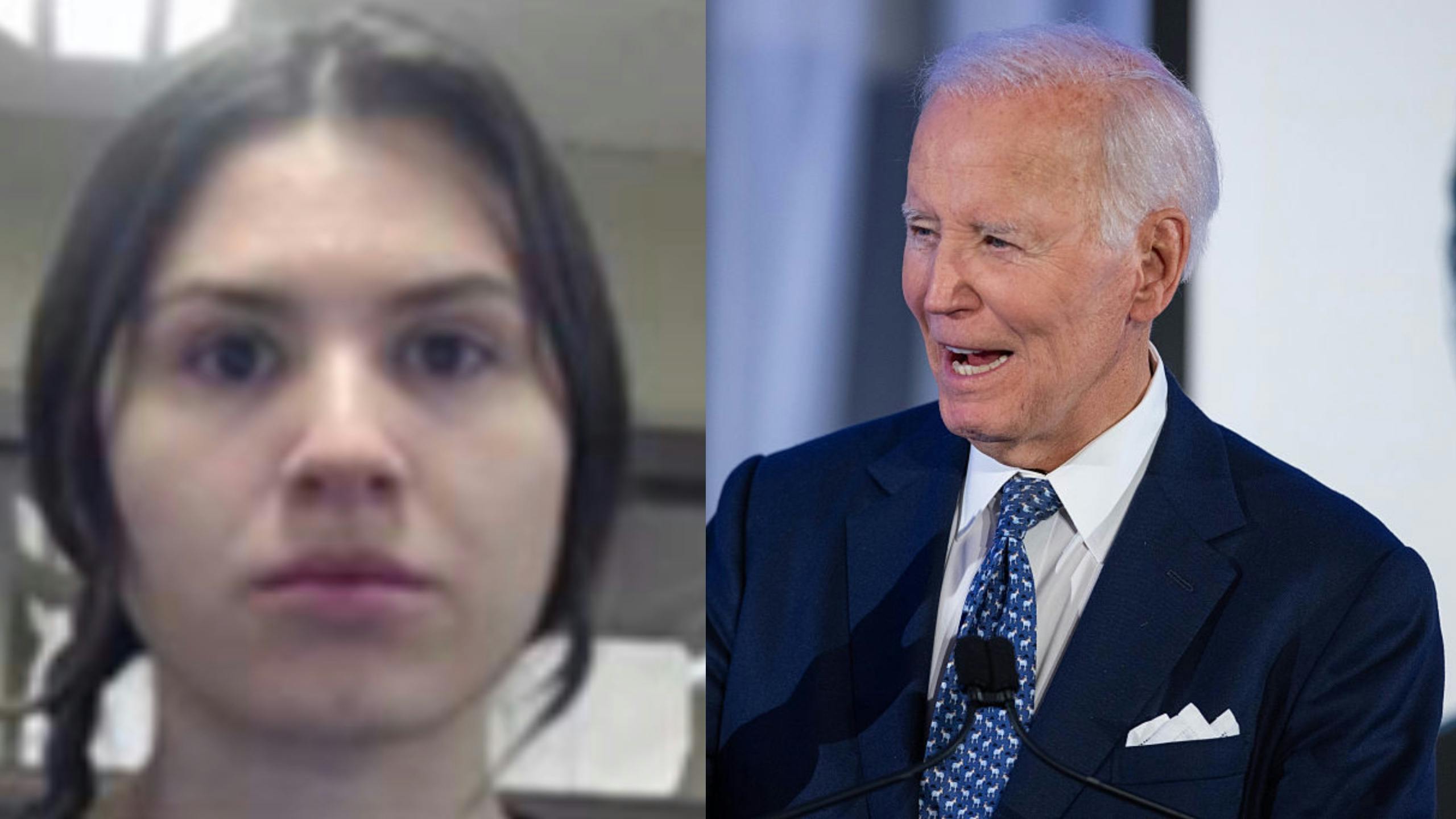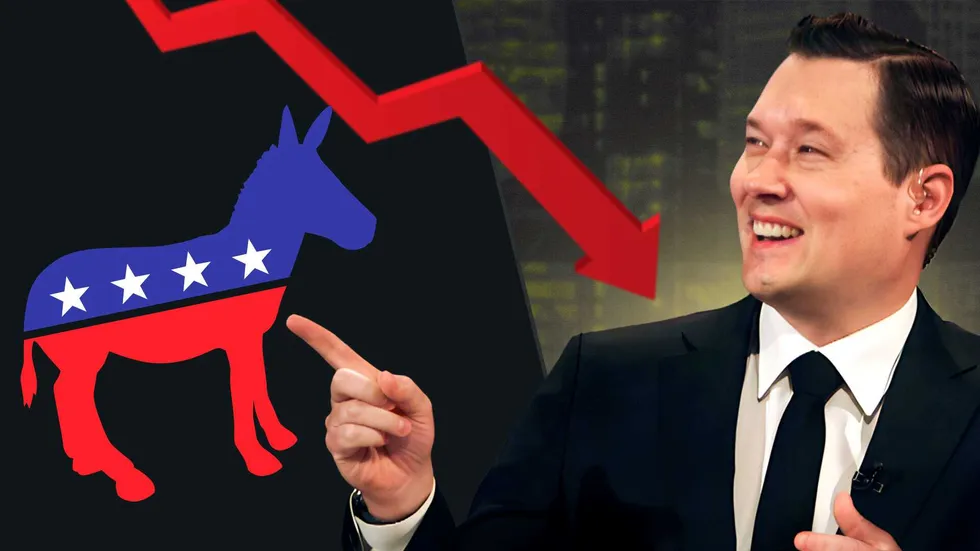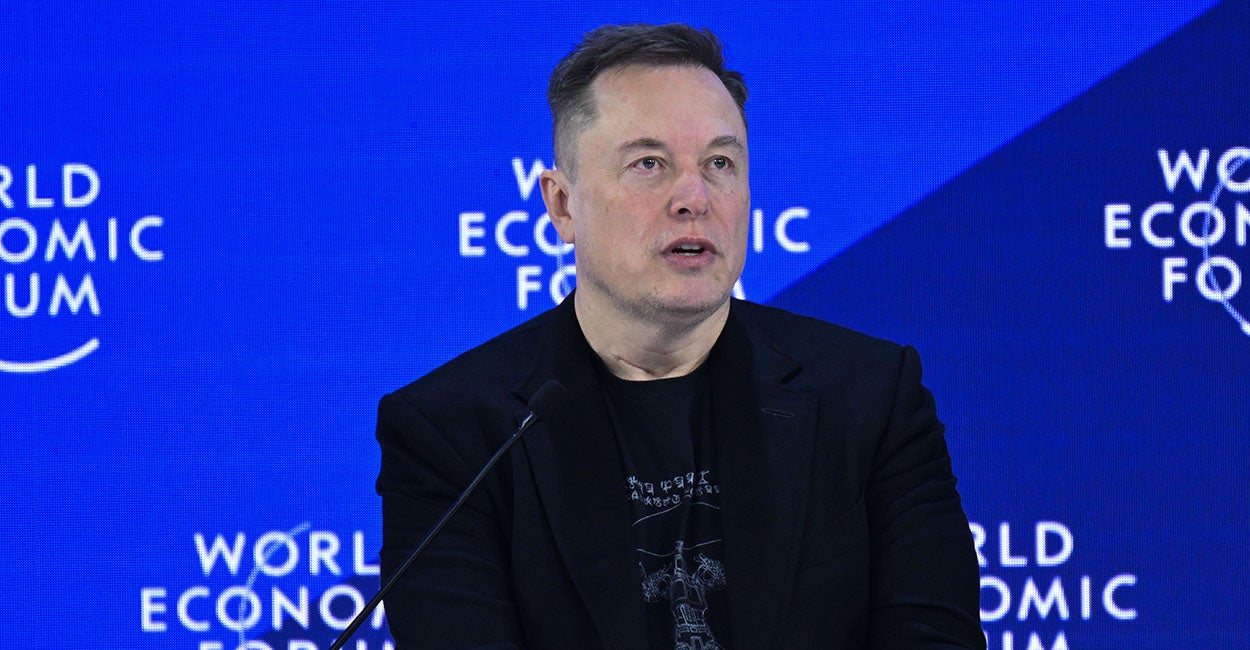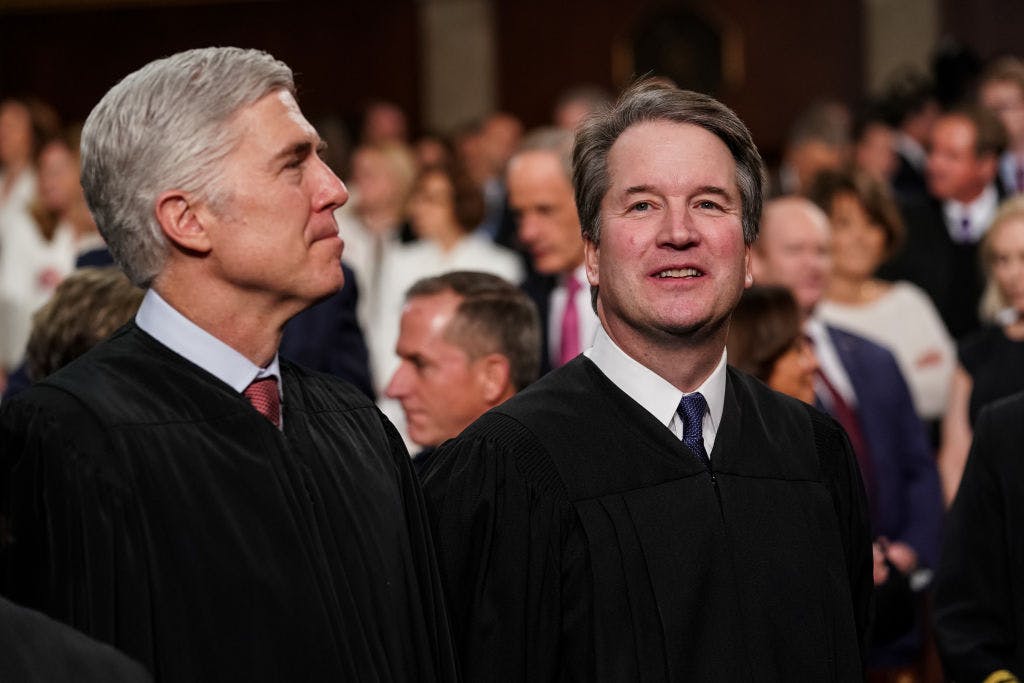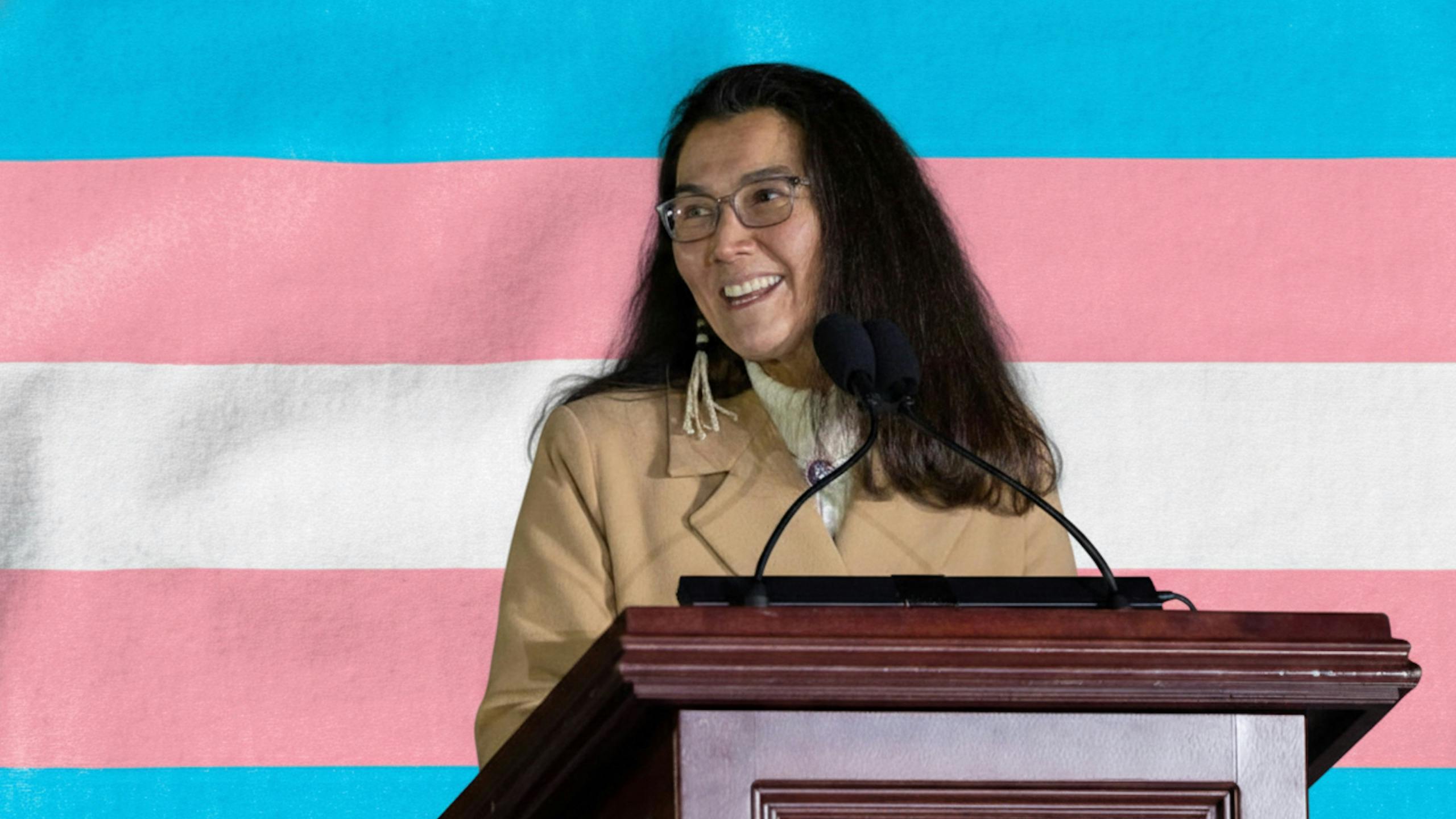It Will Never Die: Democrats Unleash A New Brand Of Woke

A lot of people on the Right, in the center, and even on the Left are asking themselves this question: Is peak woke over?
Live Your Best Retirement
Fun • Funds • Fitness • Freedom
After all, we suffered through a decade of wokeness, the proposition that any disparity between groups was evidence of discrimination. The wokeness was manifested as DEI, the idea that the government had to constantly rig the system in the reverse direction.
So where does the Left go next? They’re going back to something old: what could theoretically be titled “economic wokeness.”
Economic wokeness mirrors exactly the same argument as racial wokeness or trans wokeness, except it applies to economic categories.
When I say this is an old argument, it is because it’s basically the argument Karl Marx made. And it seems the Democrats are moving more and more in that direction.
According to a memo penned by Kamala Harris campaign veterans, what people really want to hear from their favorite politicians is that rich people suck and they should be destroyed.
The reason I’m calling this economic wokeness is because in order to see the parallel to racial wokeness, all you have to do is replace one word.
The idea for racial wokeness is that disparities are, in and of themselves, signs of discrimination. The idea is that racial discrimination is the norm, not an aberration. It’s not people who are bad apples. It’s part of the entire system. And the system is designed purposefully by white people to discriminate against people of color. That is the basis of wokeness.
To get to economic wokeness, all you have to do is replace the word “racial” with “economic.” You simply say economic disparities are in and of themselves signs of economic discrimination. Economic discrimination is ordinary, not an aberration. It’s not just that there’s one price gouger out there, it’s the whole system that is designed for price gouging.
Who is it designed by, according to this theory? “Rich people“ instead of the “white people” of racial wokeness. Rich people who discriminate against the poor.
WATCH: The Ben Shapiro Show
The beauty of economic wokeness is that, unlike racial wokeness — which can be debunked by looking at group studies, pointing to a group that outperforms white people, whether they are Nigerians in America or Asians — there will always be some people who are poorer than other people.
But here’s the salient point: People move in and out of these categories. This is why it is a mistake to talk about the “poor” and the “rich.”
There are many people who are poor now who will one day become rich. There are many people who are rich who will one day become middle-class or poor.
There is tremendous economic mobility in the United States, according to the available studies. If you are born into the bottom quintile of income earners in the United States, there’s a better than 60% chance that you will not end up there, that you will end up in a higher bracket in terms of income by the time you are an adult.
With that said, this sort of economic populism is rooted in grievance, and it’s a real problem because it does have a popular appeal. It is one thing to claim that America is racist or that America is transphobic. Most people look at that and say, “I don’t know that many racists.” I really don’t know that many people who are sitting around all day long thinking about whether a man is a woman; that’s because it’s basic logic to know the difference.
But when it comes to economic status, people have an amazing way of dissociating the rich people they personally know from “rich people” in general. Most people in America know somebody who’s wealthy. I would bet that the vast majority of people who know people who are wealthy also know good people who are wealthy and bad people who are wealthy. I would also bet they know a lot of poor people, some of whom are good and some of whom are bad, because people come in all shapes and sizes and all sorts of moral qualities.
When it comes to how people think of their own economic performance, the easiest pitch you can make to somebody if they are having a tough time economically is to say it can be fixed by ripping down that billionaire over there.
The only thing that is preventing the advent of people like Bernie Sanders is continued economic growth. If we get continued economic growth, then economic wokeness doesn’t apply. If people feel pretty good about their direction in the economy, then economic wokeness won’t help because people won’t feel discriminated against.
If, however, as we are seeing in the polling data, people do feel that they are stuck, that they don’t have economic mobility and they have an entire legacy media infrastructure pushing this lie as well as people on both the Right and the Left, that you can’t get ahead in America, no matter what you do; if you have politicians telling you that so they can garner more power, people believe it.
And if they believe it, they start tearing down the very systems that generated prosperity, such as free markets, private property, and capitalism in the first place.
I understand the art of gaining power in politics requires getting elected, and getting elected often leads to dissimulating, dissembling, and saying things that are not true. Many politicians are willing to say untrue things in order to garner that power.
That doesn’t make it moral or good.
Any sort of populist notion that capitalism is “stacked against you” falls flat in a country that is the richest country in literally all of human history, and in which people who are at the bottom of the economic ladder (after income and wealth transfers, because we have massive welfare programs in this country) are earning about $45,000 to $50,000 a year — which is about the same as the median household income in Germany or France.
When you point that out, people get mad. But it happens to be the case.
And that’s why economic success is absolutely necessary. It’s also why we need to make a robust defense of things like private property and free markets. Why is private property good? Private property is good because you ought to retain the fruits of your labor, because you are an individual human being with creative capacity, and it is immoral for people to steal the things you create.
Private property is an outgrowth of basic individual autonomy. Free markets are an outgrowth of private property, because if I own the fruits of my labor, I can then alienate them, meaning I can trade them, or I can sell them, and we can trade. And both of our lives get better because I traded something I want for something that you want.
That is the predicate of a free market economy. And that right does not begin with the government. That right begins with God, because God made us in a particular way, with creative capacity.
Man has the capacity to create. Man has the capacity to cultivate the garden, to labor. And so keeping the fruits of our labor is something that human beings want.
This is why communism always fails. That’s because if you tell people they don’t get to keep what they earned, that they basically should be treated as disposable labor widgets, and all of the fruits of their labor will be taken away and redistributed, people won’t work. They’ll just stop. It’s why communism always ends with coercion.
The free market is not rooted in some sort of peculiar institution created by rich people. It is rooted in basic human notions of autonomy and individual worth.
That’s why it was disturbing to hear Virginia Democrat senator Tim Kaine, who was the vice presidential nominee with Hillary Clinton back in 2016. He said in the Senate the other day that rights come from the government, declaring:
You state and this is a quote from Secretary Rubio, our rights come from God, our creator, not from our laws, not from our government. I find that very, very troubling. I’m a devout person. I was a missionary in Honduras. We’ve got other devout folks in this room Christian, Jewish, Muslim-American.
The notion that rights don’t come from laws and don’t come from the government, but come from the creator, that’s what the Iranian government believes. It’s a theocratic regime that bases its rule on Shia law and targets Sunnis Bahais, Jews, Christians and other religious minorities. And they do it because they believe that they understand what natural rights are from their creator. So the statement that our rights do not come from our laws or our governments is extremely troubling.
That was a gigantic softball over the middle of the plate for Texas GOP senator Ted Cruz, who knows the words of the Declaration of Independence. He responded:
That radical and dangerous notion, in his words, is literally the founding principle upon which the United States of America was created. And if you do not believe me, and you made reference to this, Mr. Barnes, then you can believe perhaps the most prominent Virginian to ever serve, Thomas Jefferson, who wrote in the Declaration of Independence, “We hold these truths to be self-evident. That all men are created equal and that they are endowed by their creator,” not by government, not by the Democratic National Committee, but by God “with certain unalienable rights, that among these are life, Liberty and the pursuit of happiness.”
This is a fundamental reality.
This is why capitalism and free markets are good things: morally good. You own the product of your hands. You have a right to your own labor.
It’s time for lions, for people who actually believe in the success of the United States, to robustly defend the free market. This is not something to apologize for.
You are not immoral if you’re a billionaire any more than you’re immoral if you are impoverished.
Originally Published at Daily Wire, Daily Signal, or The Blaze
What's Your Reaction?
 Like
0
Like
0
 Dislike
0
Dislike
0
 Love
0
Love
0
 Funny
0
Funny
0
 Angry
0
Angry
0
 Sad
0
Sad
0
 Wow
0
Wow
0


